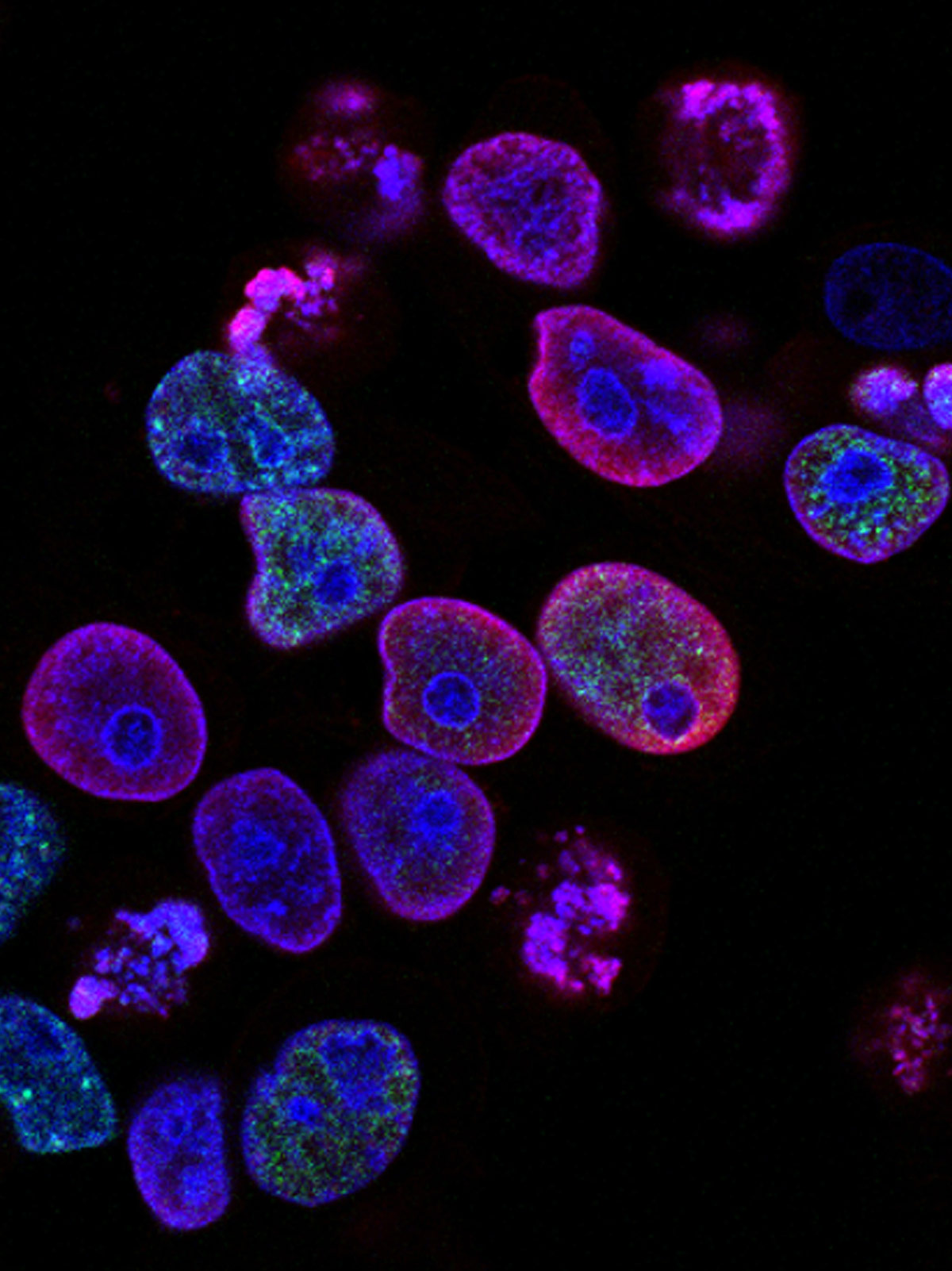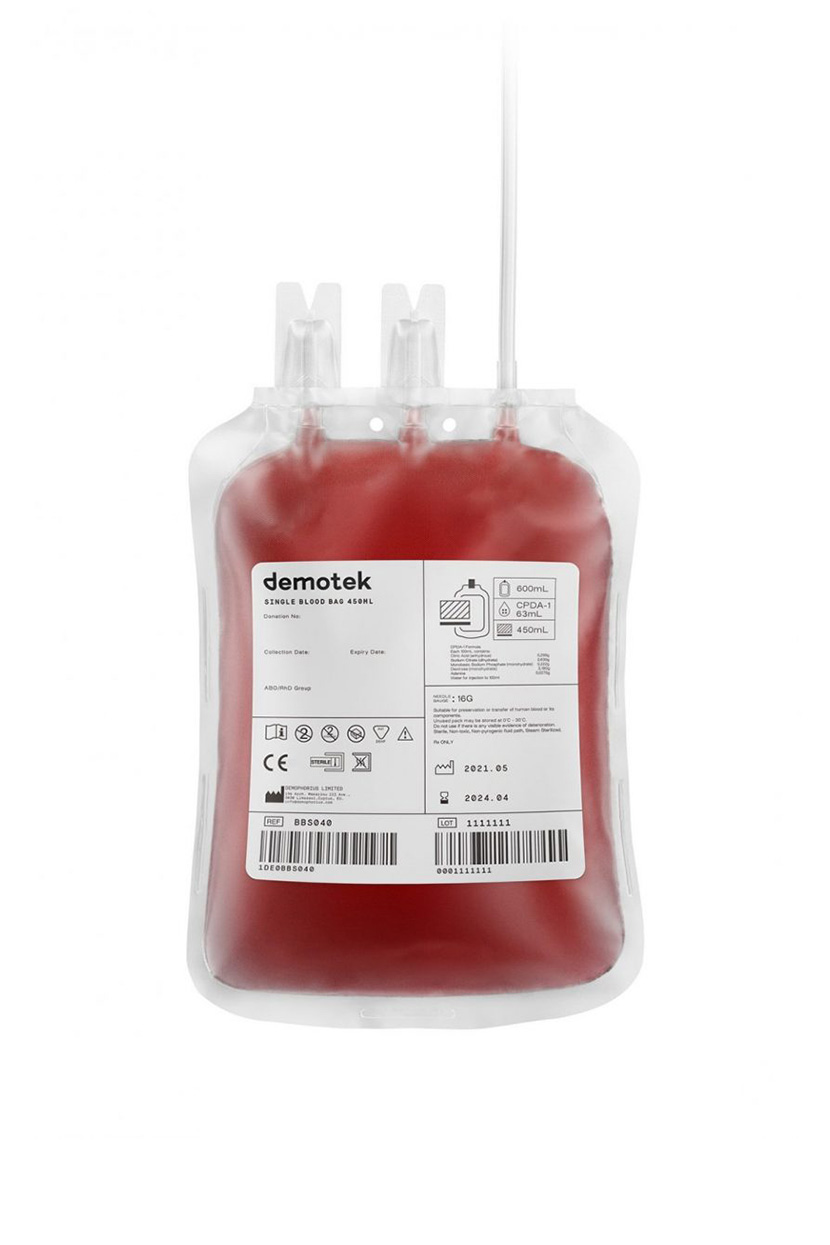FDA OKs first-in-human study of F9 gene therapy for hemophilia B

Intellia Therapeutics and Regeneron are planning to begin, by mid-year, the first-in-human trial testing a CRISPR/Cas9-based Factor 9 (F9) gene-editing therapy for people with hemophilia B.
The announcement of the planned launch of the Phase 1 clinical trial, in an Intellia financial report, follows the recent approval by the U.S. Food and Drug Administration (FDA) of an investigational new drug (IND) application submitted by the two companies. That IND application requested the regulatory agency’s permission to advance the F9 gene therapy into clinical testing.
The two companies in 2020 had partnered in a collaborative project to create gene-editing therapies for hemophilia using the CRISPR/Cas9 gene-editing technology. The collaboration leverages Intellia’s CRISPR/Cas9 platform to accelerate both companies’ efforts to develop new therapeutics for hemophilia A and B.
“We continue to expand both the technical approaches for CRISPR-based therapies, as well as the range of diseases they can potentially address,” John Leonard, MD, Intellia’s president and CEO, said in a company press release. “We plan to initiate … first-in-human studies for product candidates leveraging our modular gene insertion platform to produce a deficient protein.”
The collaboration includes the program focused on hemophilia B, whose development and commercialization are led by Regeneron, in collaboration with Intellia. The companies also are teaming up to advance a similar strategy for hemophilia A.
CRISPR/Cas9 editing aims to correct defects in F9 gene
Hemophilia is generally caused by mutations that impair the production or activity of certain clotting factors — proteins that are required for blood clotting. People with these disease types are highly susceptible to bleeding episodes because the cascade of clotting reactions required to stop bleeding is compromised.
Hemophilia B is the second most common type of the disease and is caused by mutations in the F9 gene, which encodes factor IX, known as FIX.
Treatment commonly involves the use of factor replacement therapies, which aim to provide patients with a working version of the missing or faulty clotting protein, which is obtained from an external source or a donor. However, some patients may develop antibodies against the delivered clotting factor, which may lower its effectiveness.
The CRISPR/Cas9 gene-editing technology can be used to restore the production and function of the missing or defective clotting factor. It works by correcting the mutated gene or inserting a healthy copy of the gene into patient cells.
A gene-editing process, CRISPR/Cas9 uses short pieces of RNA designed to target a specific part of a gene of interest, such as F9. Once the RNA binds to the gene, it triggers an enzyme called Cas9 to make a cut in the DNA. Then, the cells’ DNA-repairing molecular machinery becomes activated to repair the gene. Once activated, the machinery components can be manipulated to add, remove, or alter certain parts of a gene.
We’re off to a very strong start in 2024 as we execute against our strategic priorities to realize the full potential of CRISPR-based gene editing.
In the case of hemophilia B, the therapy aims to insert a working version of the F9 gene into patient cells. The process of gene editing is meant to occur directly within the body, or in vivo. This is achieved by packaging CRISPR/Cas9 machinery components into a a small vesicle, called a lipid nanoparticle, which can then be systemically delivered to patients by an into-the-vein or intravenous infusion.
Previous research done by Intellia showed that this gene-editing technology may be better to restore FIX activity compared with other gene therapy approaches.
In preclinical studies, CRISPR/Cas9 enabled the insertion of the F9 gene into the liver of non-human primates, resulting in the production of human FIX, whose activity levels were normal or even higher than normal. Moreover, researchers showed that gene insertion mediated by CRISPR/Cas9 could lead to persistent FIX activity levels over time.
“We’re off to a very strong start in 2024 as we execute against our strategic priorities to realize the full potential of CRISPR-based gene editing,” Leonard said, adding that the company’s “platform efforts move us closer to setting a new standard of care for people living with serious diseases.”
🖋 Article by Andrea Lobo, PhD on Hemophilia News Today



